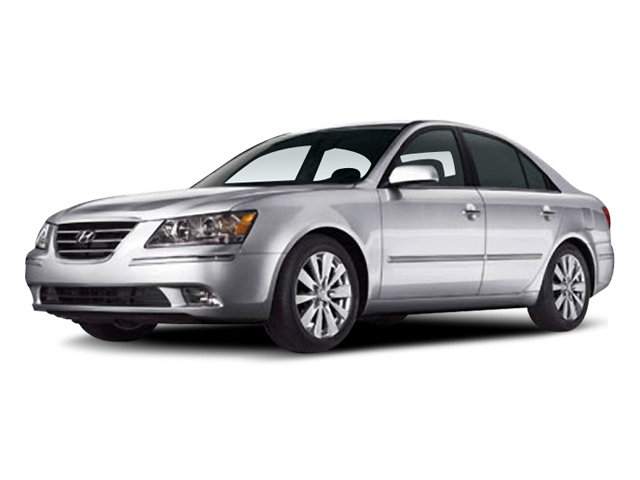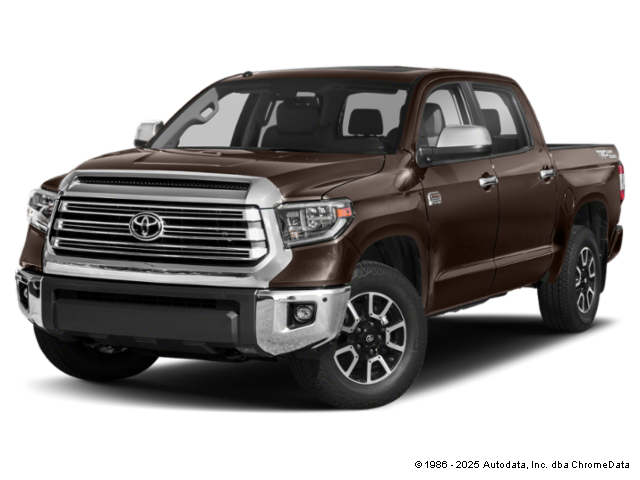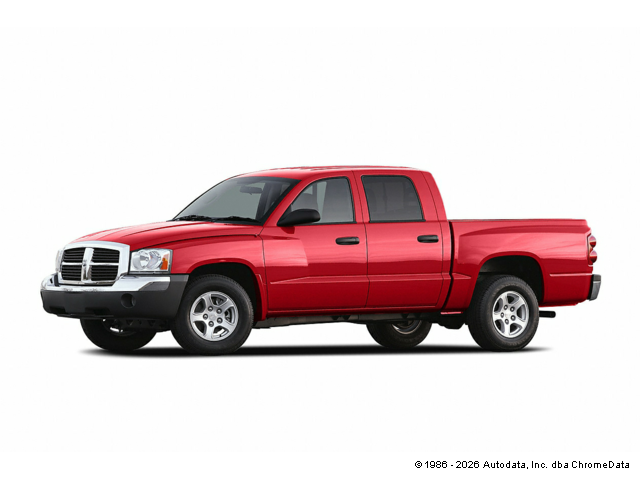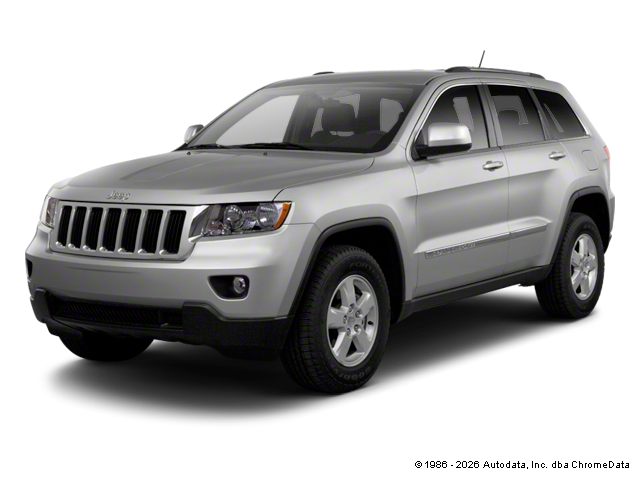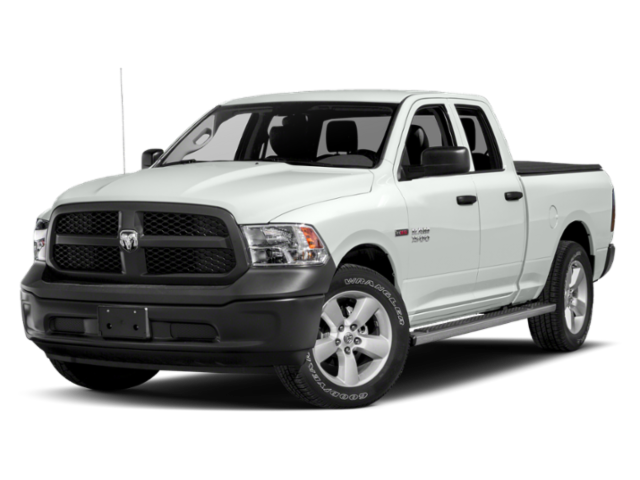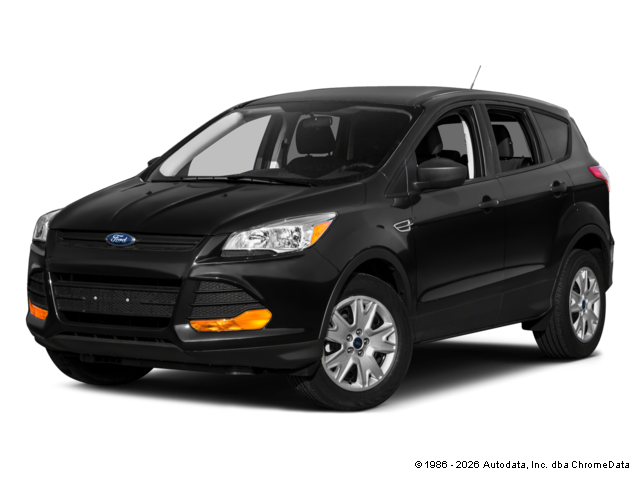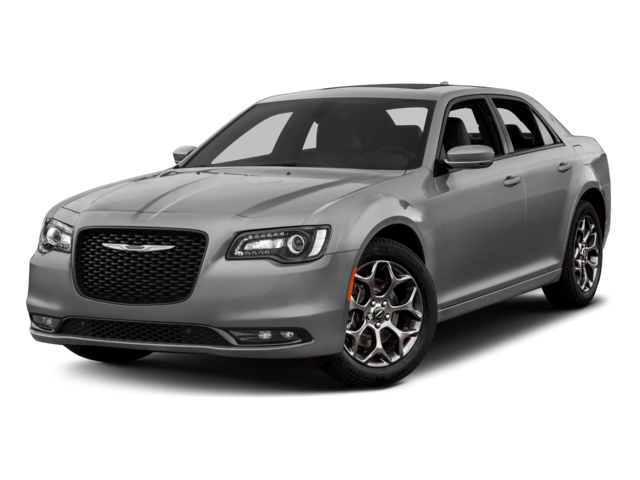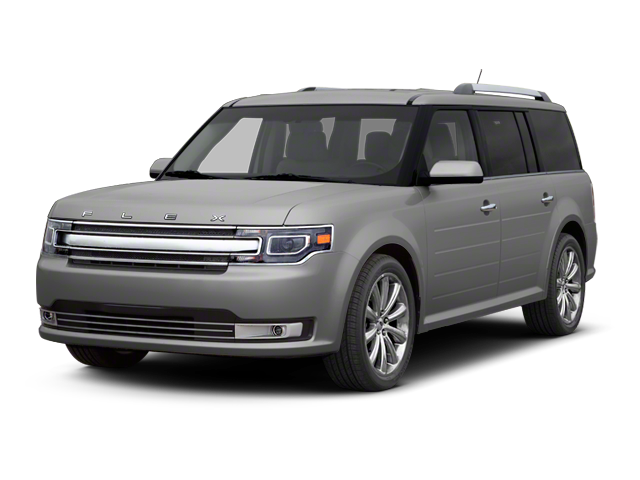What Our Customers Say
Welcome to Morrison's Discount Auto Repair, your car service in Hudson, FL!
Welcome to Morrison's Discount Auto Repair, serving the Hudson, FL community with high-quality maintenance and repair services for all makes and models.
Our team of experienced and certified mechanics is dedicated to providing exceptional customer service and ensuring that your vehicle is running at its best. Whether you need routine maintenance, such as an oil change or tire rotation, or more extensive repairs, we’ve got you covered. Morrison's Discount Auto Repair understands that your vehicle is an important part of your daily life, which is why we strive to make the repair process as smooth and convenient as possible. We also provide competitive pricing, transparent estimates, and a quick turnaround time, so you can get back on the road with confidence.
At Morrison's Discount Auto Repair, we use the latest technology and equipment to diagnose and repair your vehicle’s issues efficiently and effectively. We also stand behind our work with a guarantee, so you can trust that your vehicle is in good hands. Contact us today to schedule an appointment or stop by our shop to see why we’re the premier choice for auto repair in Hudson, FL.
We specialize in A/C, brake suspension, and custom exhaust
Address
Morrison's Discount Auto Repair
12214 Us Hwy 19 N
Hudson, FL 34667
(727) 861-5477
Shop Hours
Mon-Fri: 8am-5pm
Saturday: 8am-2pm
Sunday: Closed
Directions
Payment Types





Affiliates & Certifications


About Morrison's Discount Auto Repair Hudson, FL
At Morrison's Discount Auto Repair, we know that your vehicle is more than just a means of transportation – it’s a vital part of your daily life. That’s why we’re dedicated to providing you with the highest quality automotive repair and maintenance services in Hudson. Our location is easily accessible, and we offer flexible hours Monday through Saturday to accommodate your busy schedule. Take advantage of our shuttle service and loaner cars to make your experience as hassle-free as possible.
Our friendly and knowledgeable staff is always happy to answer any questions you may have and will keep you informed throughout the entire repair process. So why choose us for all your auto repair needs? The answer is simple: expertise, customer service, affordability, convenience, and quality. Contact us today to schedule your appointment and experience the difference for yourself.
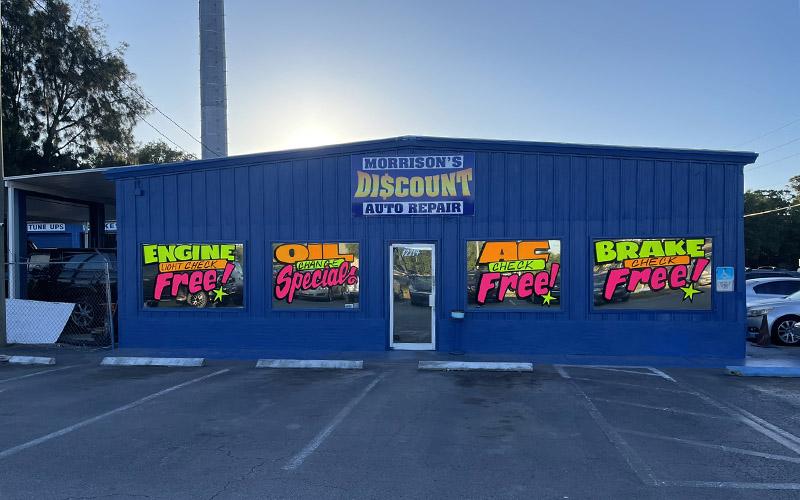
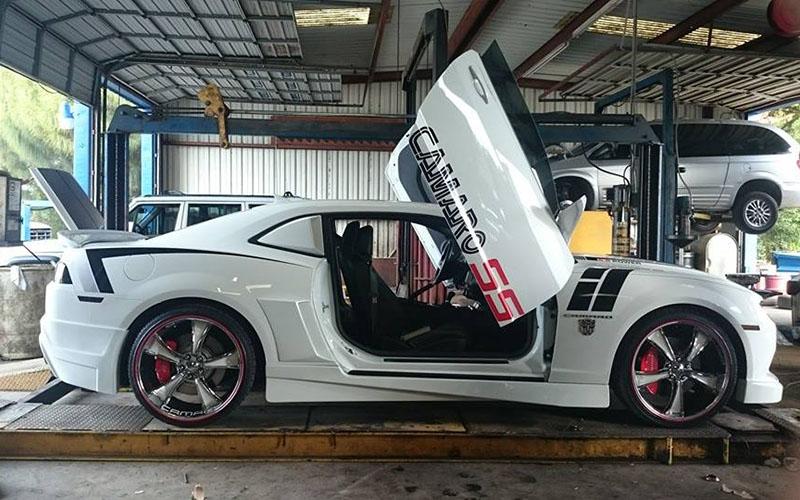
The Absolute Best Car Service in Hudson, FL
What sets Morrison's Discount Auto Repair apart from all of the others in Hudson, FL? Trust: When it comes to auto repair in Hudson, it’s all aboutearning loyalty and trustby doing our very best every day. We are determined to earn and keep your trust. Talent: At Morrison's Discount Auto Repair, you can rest easy knowing that our highly-skilled, experienced auto service professionals are handling your car. Our technicians bring years of experience, skill, and education to the Hudson auto repair table. Time: We take the time we need to provide you with top qualitycar service in Hudson, and we take the time to talk to you about what that means. We listen to you so we understand your needs and goals for your auto repair.
About Morrison's Discount Auto Repair Hudson, FL
At Morrison's Discount Auto Repair, we know that your vehicle is more than just a means of transportation – it’s a vital part of your daily life. That’s why we’re dedicated to providing you with the highest quality automotive repair and maintenance services in Hudson. Our location is easily accessible, and we offer flexible hours Monday through Friday to accommodate your busy schedule. Take advantage of our shuttle service and loaner cars to make your experience as hassle-free as possible.
Our friendly and knowledgeable staff is always happy to answer any questions you may have and will keep you informed throughout the entire repair process. So why choose us for all your auto repair needs? The answer is simple: expertise, customer service, affordability, convenience, and quality. Contact us today to schedule your appointment and experience the difference for yourself.

The Absolute Best Car Service in Hudson, FL
What sets Morrison's Discount Auto Repair apart from all of the others in Hudson, FL? Trust: When it comes to auto repair in Hudson, it’s all aboutearning loyalty and trustby doing our very best every day. We are determined to earn and keep your trust. Talent: At Morrison's Discount Auto Repair, you can rest easy knowing that our highly-skilled, experienced auto service professionals are handling your car. Our technicians bring years of experience, skill, and education to the Hudson auto repair table. Time: We take the time we need to provide you with top qualitycar service in Hudson, and we take the time to talk to you about what that means. We listen to you so we understand your needs and goals for your auto repair.

Recently Serviced Vehicles
2007 GMC Sierra
Mileage162,279Service Date3/27/2024Services Performed- OIL PAN GASKET – Remove & Replace – 1500,V8,4WD w/Skid Plate – [Includes: R&I Front Differential.]
- CRANKSHAFT MAIN OIL SEAL – Remove & Replace – 1500,V8,4WD Rear,w/Skid Plate – [Includes: R&I Transmission Assembly and Flywheel.]
- TOP OFF ALL FLUIDS, ADJUST AIR PRESSURE, LUBE GREASE FITTINGS IF APPLICABLE AND INSPECT VEHICLE. ADDITIONAL CHARGE FOR CARTRIDGE FILTER.
- RESET OIL MINDER ON VEHICLE TO 100%
MIKE Q. gave our service a 5 star review on 4/3/20242009 Hyundai Sonata
Mileage76,142Service Date3/23/2024Services Performed- customer states no start no crank tow in
- STARTER ASSEMBLY – Remove & Replace – In-Line4
STAN C. gave our service a 5 star review on 3/23/20242020 Toyota Tundra
Mileage95,003Service Date3/22/2024Services Performed- DRAIN OIL AND CHANGE FILTER. FILL OIL TO SPEC… TOP OFF ALL FLUIDS AND AIR PRESSURE
- (Combination) – SPARK PLUG TUBE SEAL – Remove & Replace 5.7L Eng Both Banks,All Eight
ASTON Q. gave our service a 5 star review on 3/23/20242005 Dodge Dakota
Mileage108,378Service Date3/2/2024Services Performed- WINDOW WASHER RESERVOIR – Remove & Replace – [Integral part of the Upper Fan Shroud Assembly.]
- POWER STEERING HOSE – Remove & Replace – Pressure,Each,w/o Pressure Switch
BRIAN C. gave our service a 5 star review on 3/2/20242013 Jeep Grand Cherokee
Mileage91,974Service Date2/14/2024Services Performed- ABS HYDRAULIC CONTROL UNIT – Remove & Replace – [Includes: Bleed System.]
- Check brake fluid for moisture and contamination. Inspect all hydraulic line and hoses. Inspect calipers and wheel cylinders. Inspect master cylinder and cap. Flush entire brake system including master cylinder, calipers, wheel cylinders until clean.
JESSIKA R. gave our service a 5 star review on 2/16/20242015 RAM 1500
Mileage134,464Service Date2/6/2024Services Performed- RADIATOR – Remove & Replace – V8
JOSH S. gave our service a 5 star review on 2/8/20242016 Ford Escape
Mileage122,214Service Date2/3/2024Services Performed- TOP OFF ALL FLUIDS, ADJUST AIR PRESSURE, LUBE GREASE FITTINGS IF APPLICABLE AND INSPECT VEHICLE. ADDITIONAL CHARGE FOR CARTRIDGE FILTER.
- RESET OIL MINDER ON VEHICLE TO 100%
KELLY H. gave our service a 5 star review on 2/5/20242011 Lincoln MKS
Mileage145,768Service Date1/5/2024Services Performed- replacing two flex pipe
suzane h. gave our service a 5 star review on 1/10/20242019 Mercedes-Benz C300
Mileage26,944Service Date12/20/2023Services Performed- DRAIN OIL, CHANGE OIL FILTER.. REFILL OIL AND INSTALL NEW OIL FILTER.. TOP OFF ALL FLUIDS AND SET TIRE PRESSURE
MARTINA L. gave our service a 5 star review on 1/5/20242012 GMC Terrain
Mileage117,148Service Date1/2/2024Services Performed- FUEL PUMP – Remove & Replace – FWD In Tank,Primary or Secondary – [Includes: R&I Fuel Tank.]
BETTY M. gave our service a 5 star review on 1/2/20242018 Chrysler 300
Mileage66,661Service Date12/21/2023Services Performed- MOUNT AND BALANCE 2 TIRES
GORDON M. gave our service a 5 star review on 12/22/20232013 Ford Flex
Mileage228,376Service Date12/7/2023Services Performed- MOUNT AND BALANCE 2 TIRES
- PERFORM A 4 WHEEL ALIGNMENT
- DRAIN OIL, CHANGE OIL FILTER.. REFILL OIL AND INSTALL NEW OIL FILTER.. TOP OFF ALL FLUIDS AND SET TIRE PRESSURE
DELMAS U. gave our service a 5 star review on 12/8/2023



